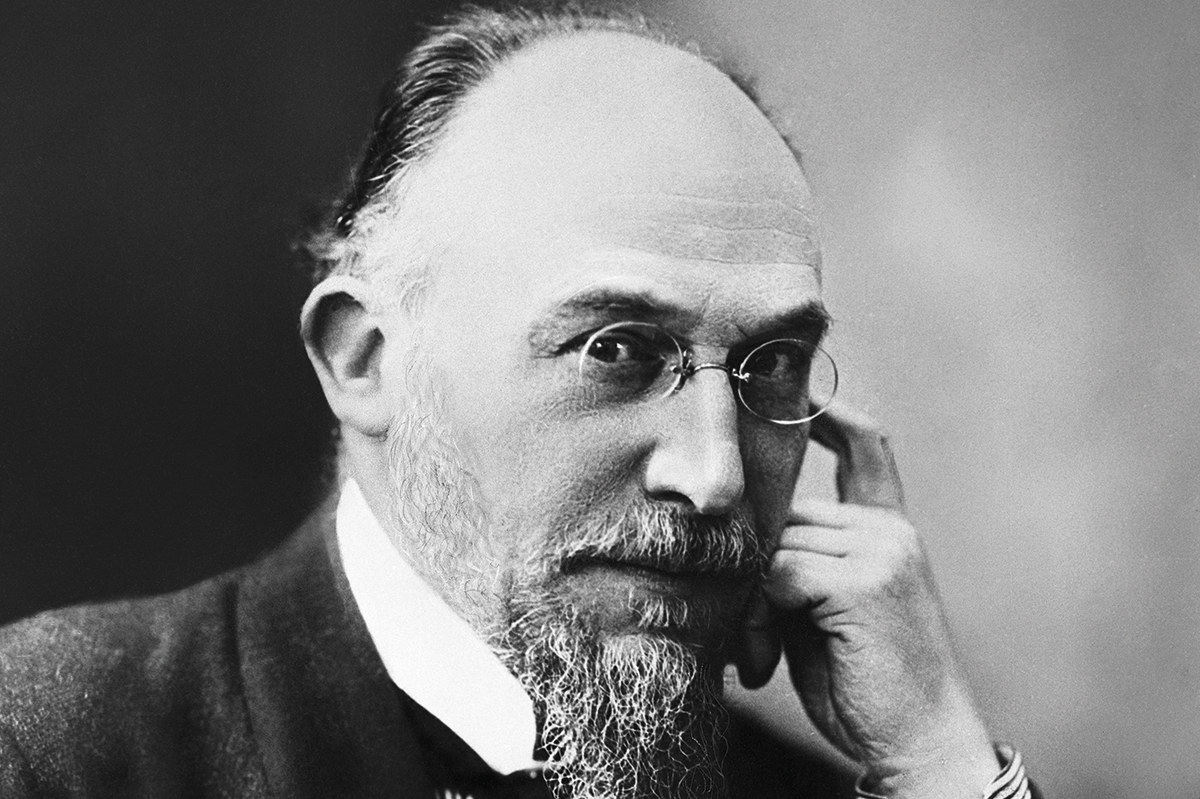“Under capitalism,” John Kenneth Galbraith once quipped, “man exploits man. Under communism, it’s just the opposite.” For a left-wing economist such as Galbraith, this was about as close as one might get to exalting capitalism — damning by faint praise. But in The Capitalist Manifesto, a lively, closely argued polemic by the Swedish historian Johan Norberg, we find a much more vigorous and persuasive defense of the most successful economic system the world has ever seen, a mechanism for sowing widespread abundance and lifting billions out of penury.
“The argument for capitalism,” Norberg boldly declares in his preface, “is not that capitalists always behave well… but that they often do not behave well unless they have to. And it is freedom of choice and competition that force their hands.” From there, Norberg, who wrote the 1999 bestseller In Defense of Global Capitalism, is off to the races, documenting how dramatically extreme poverty has fallen over the past quarter-century — from 29 percent of the world’s population to 8.4 percent. Although population expanded by some 1.5 billion during that period, the number of poor people declined by more than 1.1 billion.
The same is true in what used to be called the “Second World”: contrary to revisionist historians’ flimsy contentions, the post-Soviet countries that liberalized their economies and political systems the most “have on average developed the fastest and established the strongest democracies.”
Norberg is particularly effective when inveighing against regnant pieties about inequality in market economies by observing how the most persistent gaps between rich and poor appear in controlled economies that abjure free trade. “Unequal distribution in the world,” he says, “is due to the uneven distribution of capitalism: people who have it become rich; those who do not have it stay poor.” He also puts material benefit into appropriate perspective: far beyond providing twenty different brands of shampoo, capitalism dramatically increases our health and lifespans. And “the difference between living to the age of sixty-five or to eighty,” he writes, “is get[ting] to know our grandkids.”
In addition, Norberg convincingly debunks the arguments by market skeptics that the pandemic gave the lie to capitalist systems. On the contrary, the government shutdowns prompted by Covid shuttered economies and crippled free trade, and only when we restored the global movement of goods and people did we return to economic and political normality.
“Free market capitalism is not really about capital,” he contends, “it is about handing control of the economy from the top to billions of independent consumers, entrepreneurs and workers, and allowing them to make their own decisions about what they think will improve their lives.” He successfully reframes the market economy in terms not of rivalry and competition but exchange and cooperation, and he shows how the middle class and even gig economy workers have prospered under its aegis.
Nowadays, Norberg finds his pro-market advocacy under greater attack less often from the traditional left than from the nationalist “new” right. “Twenty years ago,” he laments, “capitalism was wrong because supposedly it made the world’s poor poorer. Now it is wrong because it makes the poor richer.” He vigorously refutes the facile claims of industrial policy exponents on both left and right by showing just how often it results in spectacular failure, as in the case of Quaero, the search-engine alternative to Google launched in 2005 by the French and German governments.
Nor, he argues, should we emulate the restrictive trade and corporatist policies implemented over the past fifteen years by China, whose growth has stalled as authoritarianism has returned, following decades of economically successful liberalization. “It is not the free world that has to become like China to beat China,” he asserts. “If China wants to ‘beat’ the free world, then China has to become free.”
As for monopoly power, Norberg reminds us, with Schumpeter, that market-facilitated innovation guarantees creative destruction even among the most concentrated giants. Kodak, Nokia, AOL and Blockbuster bestrode the world like colossi in very recent memory; where are they now?
He also notes that we vote with our feet for the Big Tech companies that supposedly exploit us, voluntarily exchanging access to our data for the tremendous benefits furnished by free search engines, email services and digital maps. He persuasively shows how economically liberal countries fare better on almost every environmental metric and explains how a market-driven carbon tax would appropriately “internalize the externalities” of ecological damage.
Some of Norberg’s claims (for example that the three decades after 1990 saw greater improvements in living conditions than the three millennia before them) sound eminently plausible but lack supporting documentation. And while there’s no doubt he’s a sincere believer, it’s a little convenient that “more capitalism” seems to be the solution to his every problem—including those created by markets.
Overall, unlike most polemics, The Capitalist Manifesto is surprisingly generous to market opponents (even ones as obtuse as Thomas Piketty and Naomi Klein), steel-manning their arguments rather than straw-manning them. Indeed, Norberg and his adversaries share a virulent distaste for large corporations, albeit for slightly different reasons: Norberg disdains the regulatory capture and government bailouts that have insulated such massive firms from, respectively, competition and market risk. All told, Norberg’s elegant manifesto has much to commend it. He demonstrates that, pace Galbraith, markets breed not exploitation, stinginess and misery but freedom, generosity and fulfillment.
This article was originally published in The Spectator’s January 2024 World edition.


























Leave a Reply